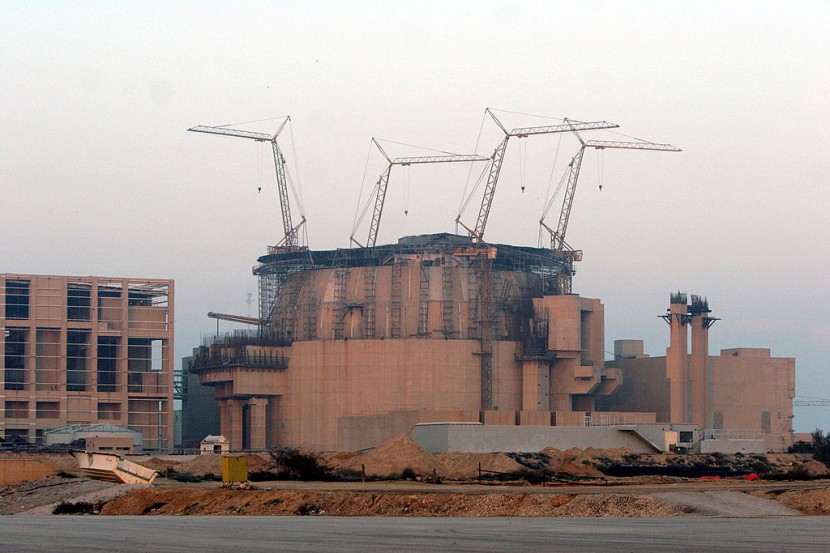
Iranian military officials shared on Sunday that the recent assassination of the top nuclear scientist of the nation was carried out with the utilization of satellite guidance, facial recognition, and artificial intelligence according to a source.
Mohsen Fakhrizadeh, who is popularly known as the mastermind of the nuclear program of Iran, was traveling by car in east of Tehran when he was shot dead on the after of Friday, November 27.
Despite the rise of conflicting reports on how the attack unfolded, however, most Iranian accounts agree that it was a sophisticated offensive move that involves gunfire and an explosion.
Based on a report from ISNA to the Iranian Students News Agency, the spokesman of the Islamic Revolutionary Guard Corps or IRGC, Second Brigadier General Ramazan Sharif shared that the killing deployed an advanced electronic tool that is guided by a satellite device, CNN reported.
The YJC or the Young Journalist Club, which is another Iranian state-backed news agency, stated that the IRGC Deputy Commander-In-Chief Sardar Ali Fadavi said that the assassination was carried out with facial recognition and artificial intelligence.
According to them, Fadavi shared that there were no attackers on the scene and that a machine gun-controlled via a satellite that recognized the face of Fakhrizadeh and targeted him.
He also mentioned that they have checked and discovered that a satellite was controlling a machinegun remotely, and there was no terrorist within the crime scene.
However, security and intelligence experts have cast doubt on the possibility that the assasination was remotely operated, with three experts sharing to CNN that despite the advantages, it also opens up more risk factors into an operation with little apparent room for error.
Read also: Iranian Scientist Linked To Nuclear Programs Assassinated Allegedly by Israel
They also added that while the technology to fire at a target from a remote-controlled vehicle exists, a country or actor would have had to smuggle in valuable equipment, which includes relays on communications, satellite receivers, and a weapon that is capable of being operated remotely, AlaRabiya reported.
Issues of communication failure or jammed gun is also possible, as it could compromise the entire assassination and leave the technology on the side of the road where Iranian security forces can intercept it.
Despite not providing any evidence, top Iranian officials have blamed Israel for the assassination, and Supreme Leader Ayatollah Seyyed Ali Khamenei and other officials have promised revenge for the killing.
However, the Israeli government did not have any comment on the allegations.
Tzachi Hanegbi, the Israeli Minister of Settlement Affairs shared on Saturday, November 28 that he had no idea on who assassinated the nuclear scientist, and he even mentioned that it is very embarrassing for Iran.
According to South China Morning Post, Senior United States administration official shared last week that Israel was behind the assassination but declined to give details if the administration of Trump knew the details regarding the said attack before it was carried out or provide support.
The official also added that in the past, Israel, have shared information with the United Stated regarding their targets and covert operations before carrying them out but would not say if they did so in this instance.
The official also mentioned that the nuclear scientist, Fakhrizadeh had been a target for the Israelis for a long period of time.
Related article: Iranian Scientist Assassinated by a Remote-Controlled Machine Gun, Report Says








